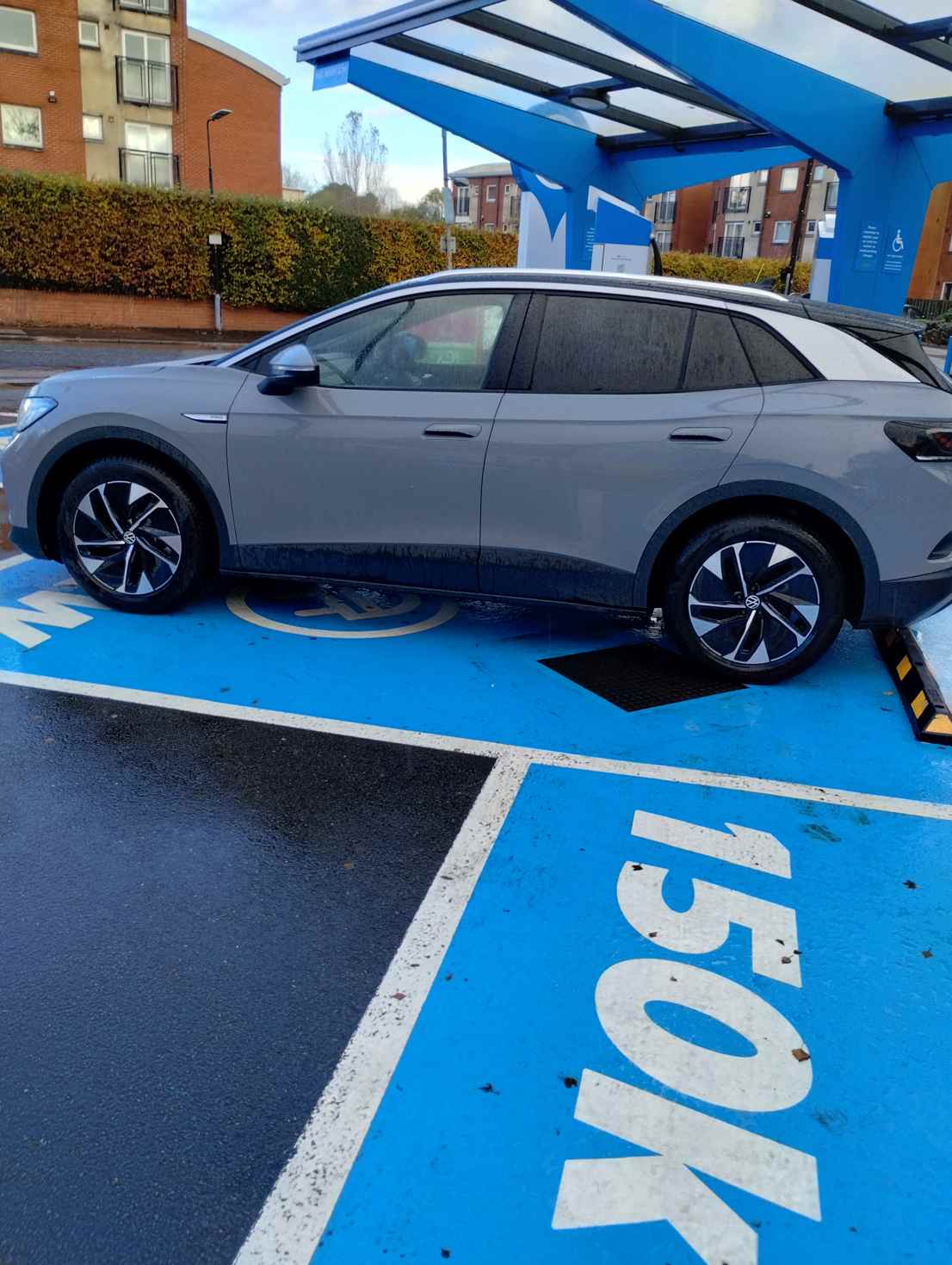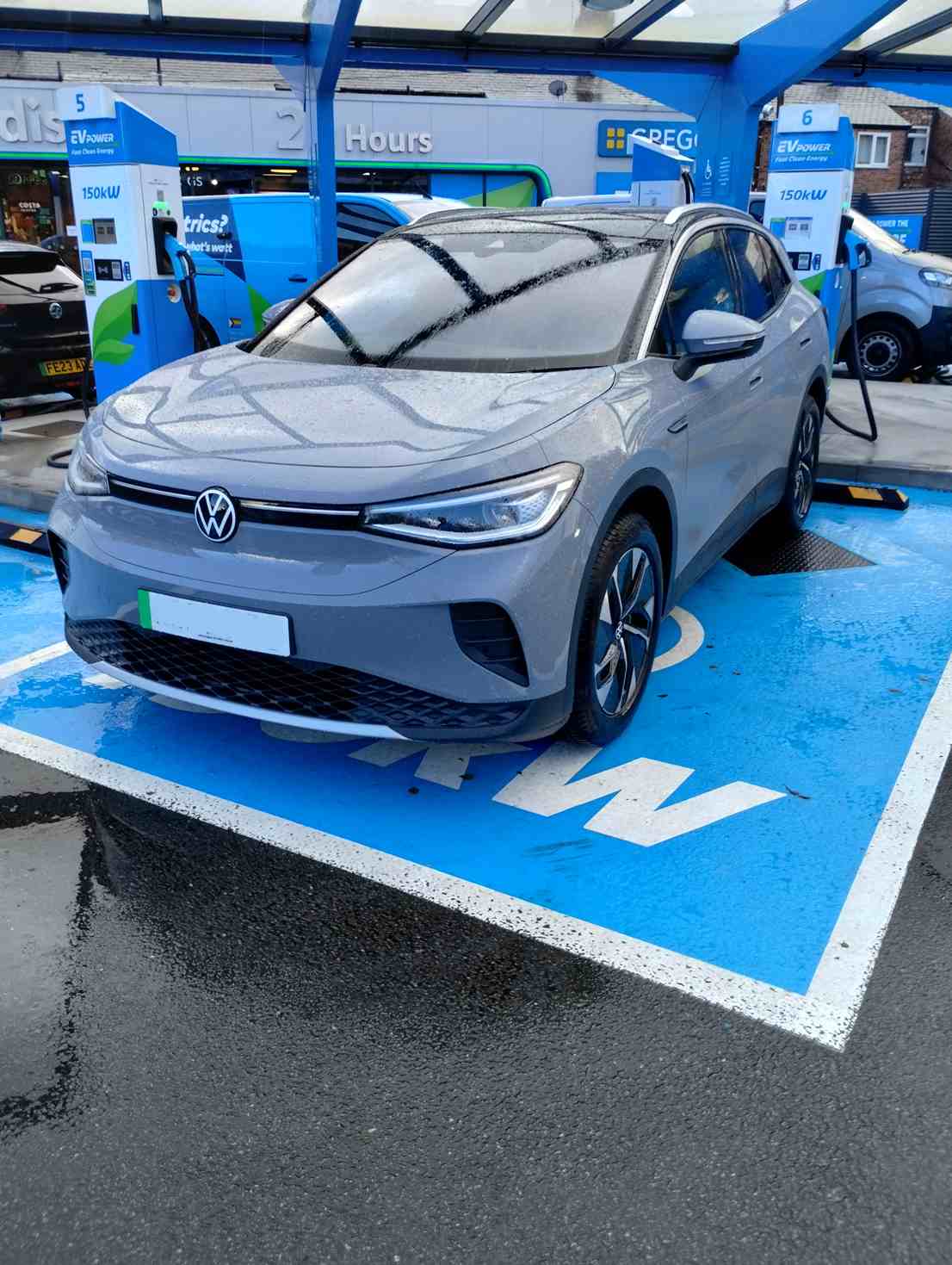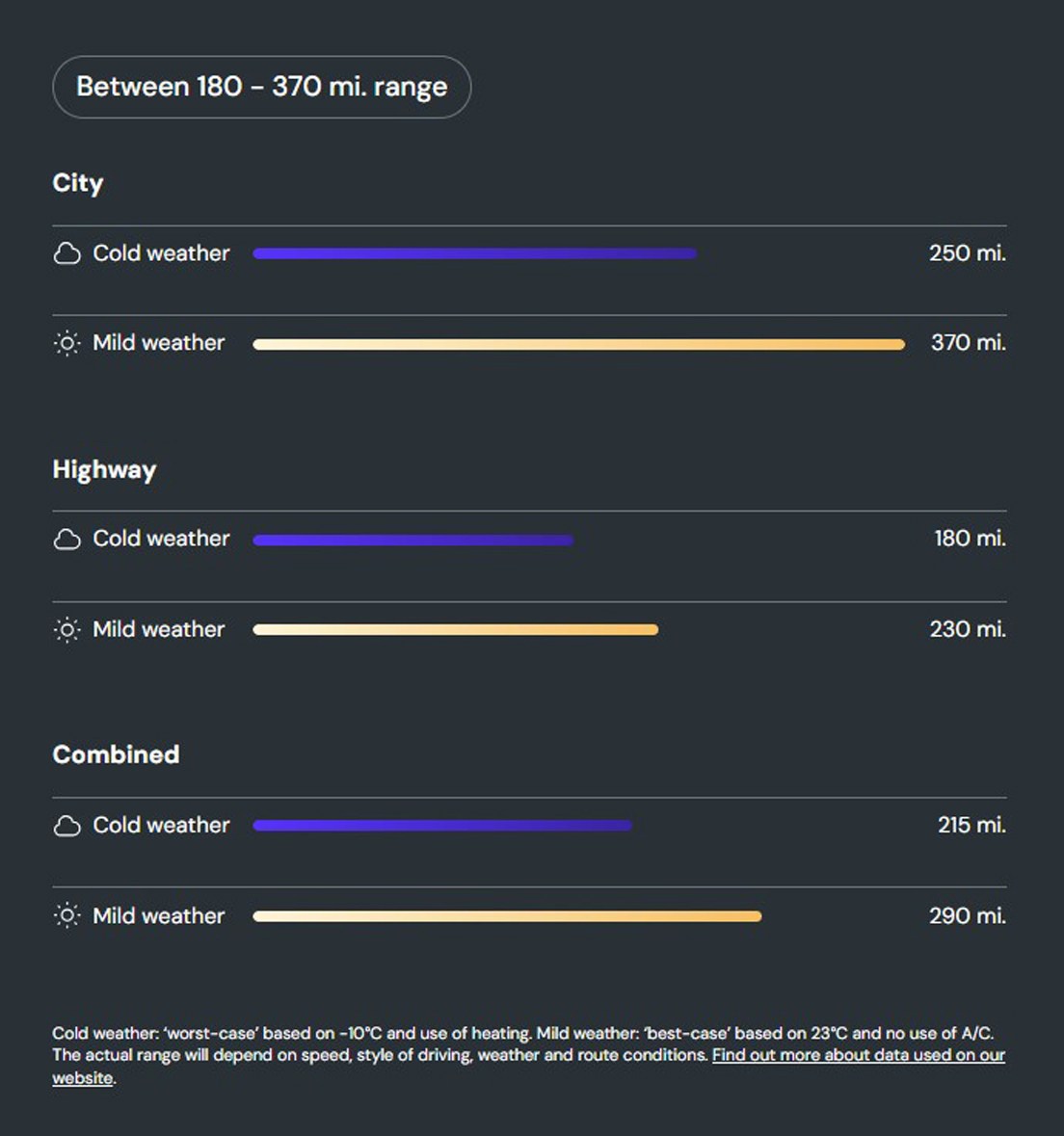
Mon-Fri 9am-5pm
Talk to our friendly electric car leasing experts now: 01942 910 001This website uses cookies to ensure you get the best experience. Learn more
Electric Vehicle Range - Everything you need to know

Everything you need to know about electric vehicle range
With electric cars contributing to the growth in car sales, which are now at pre-pandemic levels, it is clear that the momentum is very much in place for the electrification agenda. As the New Automotive statistics set out, cars with a plug (pure electric and PHEV) still only represent just over a quarter of the total demographic.
While diesel is still very much in a terminal decline for cars (at just over 6.6%), the world of petrol is still fairly robust with nearly 45% cars being this format. The increase in total registrations is nevertheless possible through a multitude of great EVs, more targeted support and discounts plus a continued improvement in the electric charge point infrastructure. As Zap Map set out, there are some 51,500+ devices installed in over 30,360 locations!
As some of our previous articles have set out, the importance of charging cost and charging speeds cannot be ignored. And while these are crucial facets, the vehicle range is still something which is raised by our personal and business lease customers.

How far can an EV travel?
In the early days of the electric car revolution, much of the focus was placed on the distance a car could go. And with a significant lack of public or workplace charging infrastructure, it was a sage consideration to concentrate on this aspect of the EV.
But since around 2020, with the onset of more robust battery technology, and longer range cars, companies like ourselves have tried to educate customers on aspects other than range - such as charge speeds / charging times / efficiency and performance.
The electric car range is not unimportant BUT it needs to be considered in conjunction with these aspects too. And our comprehensive guide on the Longest Range Electric Cars of 2023 is pretty clear, in that there are now a swathe of options to choose from. And with the average capability at around 233 miles, even high-mileage drivers are able to benefit from zero-emission technology.
Just looking at that example, if you covered 200 miles per day in a normal working week, and worked 11 months of the year, you would be travelling at around 45,000 miles per annum. And yet we still hear that ranges just aren’t enough?
But when you are considering the range of an EV there are some key observations which are still being missed in the UK:
- Battery Capacity - the first, and probably most obvious one, is that much of the range analysis will presume that the EV is fully-charged (100% capacity). However, in day-to-day life this might not be possible, if you are rapid charging more frequently or if you use a time-restricted overnight charging tariff. In many cases, you might not be starting with the 100% but actually more like 80-90%. This minor detail is pretty crucial if the EV you are electing to utilise only just meets your needs and requirements;
- Data - the statistics a customer reviews will be provided by a 3rd party company, using manufacturer data. In Europe, we use the WLTP (Worldwide Harmonised Light Vehicle Test Procedure) which is a laboratory testing process for ascertaining fuel consumption, CO2 and performance. But for electric transport, the contention is that lab conditions are not appropriate for the real-world and that the stats may not be wholly accurate. To this effect, e-car lease work with the EV database (https://ev-database.org/uk) and they utilise a more conservative approach on the real-world analysis. For example, using the ID4 shown here, the WLTP dataset would suggest a combined range above 300 miles whereas EVDB would suggest that this would be more around 260 miles;
- Driving Style / Behaviour - the range of an EV is also contingent on how you operate the vehicle. If you take advantage of the performance, through harsh acceleration and top speeds, the efficiency of the car is impacted. This is why EVs will show higher ranges for city and urban driving, because stop/start journeys are where they thrive. However, longer motorway journeys where a vehicle moves in excess of 50/60mph will more dramatically impact the range; and
- Weather - the EV batteries will operate under an ambient temperature. So in colder climates, they will have to utilise energy to maintain battery temp as well as operating the vehicle. This is none moreprofound than on a cold morning where the car will need to defrost, clear the windscreen and even heat the steering wheel and/or seats. If the car is not plugged into the charge point, the energy is drawn from the battery which subsequently impacts range. While the difference in range capabilities in a UK summer and winter are not as profound as some believe, there is nevertheless a difference between them.

To help e-car lease customers our website will provide a real-world range analysis on the vehicle, with a comprehensive layout for temperature and driving conditions. To supplement this, our EVC™ - Electric Vehicle Certificate - provides a combined analysis for warmer and colder temperatures. There is often no issue when a customer considers these facts before committing to a purchase or lease. This is why our experts will encourage you to consider this in detail (as well as the monthly price!).
The EV Range of the VW ID4

In terms of the car shown, the Volkswagen ID.4 ESTATE 150kW Style Ed Pro Perform 77kWh 5dr Auto 125kW Ch Pure Electric Vehicle, this is based on the following configuration:
- Moonstone Grey Solid Paint
- Art velours microfleece cloth - Soul black/Platinum grey with Platinum grey/Soul black interior inserts
- 19" Hamar black diamond turned alloy wheels
- Mode 3 / Type 2 Charging Cable (Public Charging & home wallbox charger – Fast charging)
.jpg)
But how does the ID4 SUV perform?
This RWD option will have a 77 kWh usable battery which will offer 0 – 62 times of 8.5 seconds, 99 mph top speeds and 150 kW (or 201hp). Expect a combined winter range of 215 miles with warmer weather allowing for 290 miles.
On charging, the 11 kW AC max will allow 8 hour and 15 minute 0 – 100% charging times with the 143 kW DC maximum allowing 27 minute 10 – 80% times. A cargo volume of 543L is available with this car. It has a vehicle fuel equivalent of 134mpg. This EV will have no Bidirectional charging. And the car will be able to tow 1000kg (Braked) and 750kg (unbraked).
e-car lease work alongside these select finance companies:





e-car lease have a partnership and affiliation with:



Register & get new deals weekly
 Exclusive offers
Exclusive offers
 Electric-only deals
Electric-only deals
 Never miss out
Never miss out

Talk to one of our experts
01942 910 001 Email us© Copyright 2025 e-car lease. All rights reserved. e-car lease is a trading name of CarLease (UK) Ltd, e-car lease is a credit broker and not a lender. We are authorised and regulated by the Financial Conduct Authority. Registered No: 706617. BVRLA Membership No. 1471. Registered in England & Wales with Company Number: 09312506 | Data Protection No: ZA088399 | VAT No: 200422089 | Registered Office: Kings Business Centre, Warrington Road, Leigh, Greater Manchester, WN7 3XG
Made by morphsites®














